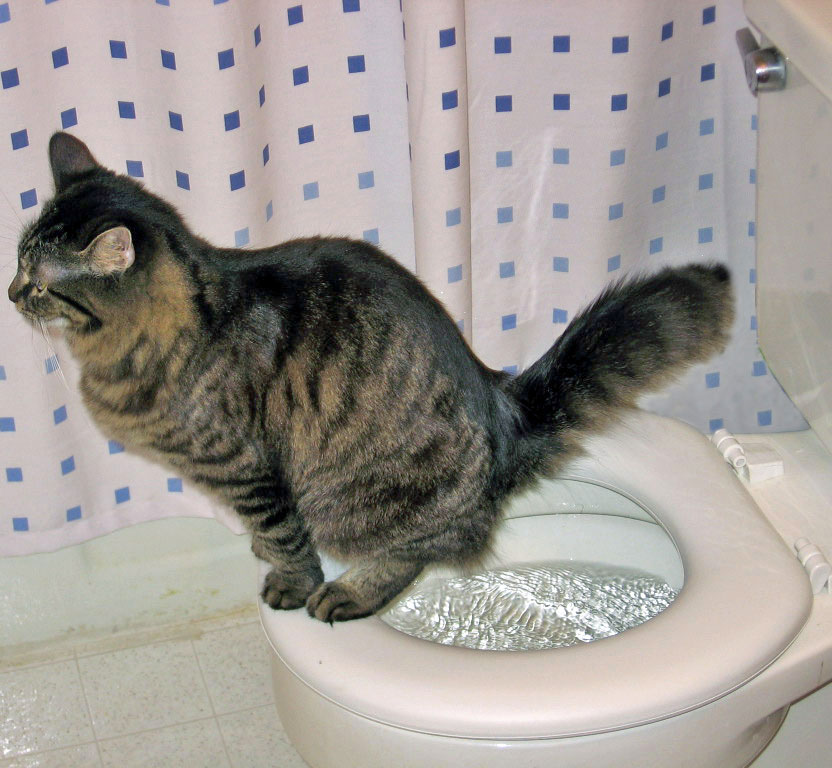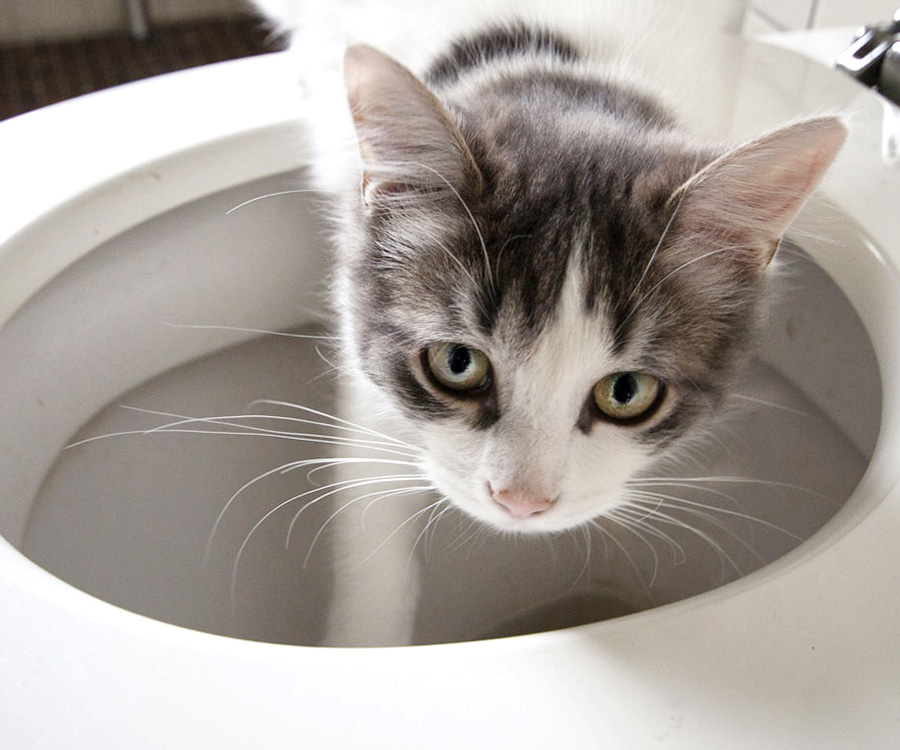Potential Risks of Flushing Cat Poop Down Your Toilet - Tips for Safer Disposal
Potential Risks of Flushing Cat Poop Down Your Toilet - Tips for Safer Disposal
Blog Article
How do you feel on the subject of Don’t flush cat feces down the toilet?

Introduction
As feline proprietors, it's essential to be mindful of exactly how we throw away our feline friends' waste. While it may appear practical to flush feline poop down the toilet, this technique can have destructive repercussions for both the setting and human wellness.
Alternatives to Flushing
The good news is, there are safer and a lot more responsible means to throw away feline poop. Think about the adhering to alternatives:
1. Scoop and Dispose in Trash
One of the most common technique of taking care of cat poop is to scoop it into a biodegradable bag and throw it in the trash. Make sure to use a devoted trash scoop and take care of the waste quickly.
2. Use Biodegradable Litter
Go with naturally degradable feline trash made from products such as corn or wheat. These trashes are environmentally friendly and can be safely thrown away in the garbage.
3. Bury in the Yard
If you have a backyard, take into consideration hiding feline waste in a marked location far from veggie gardens and water sources. Be sure to dig deep adequate to prevent contamination of groundwater.
4. Mount a Pet Waste Disposal System
Buy a family pet garbage disposal system specifically created for pet cat waste. These systems make use of enzymes to break down the waste, decreasing smell and ecological influence.
Health and wellness Risks
In addition to environmental concerns, purging feline waste can likewise present health and wellness risks to human beings. Feline feces may consist of Toxoplasma gondii, a parasite that can cause toxoplasmosis-- a possibly serious disease, particularly for pregnant ladies and people with weakened immune systems.
Ecological Impact
Purging cat poop presents dangerous pathogens and parasites right into the supply of water, posing a significant threat to aquatic communities. These impurities can negatively influence marine life and concession water high quality.
Conclusion
Accountable pet possession extends beyond providing food and sanctuary-- it additionally includes correct waste administration. By avoiding flushing pet cat poop down the toilet and going with alternate disposal methods, we can lessen our ecological footprint and shield human health and wellness.
Why Can’t I Flush Cat Poop?
It Spreads a Parasite
Cats are frequently infected with a parasite called toxoplasma gondii. The parasite causes an infection called toxoplasmosis. It is usually harmless to cats. The parasite only uses cat poop as a host for its eggs. Otherwise, the cat’s immune system usually keeps the infection at low enough levels to maintain its own health. But it does not stop the develop of eggs. These eggs are tiny and surprisingly tough. They may survive for a year before they begin to grow. But that’s the problem.
Our wastewater system is not designed to deal with toxoplasmosis eggs. Instead, most eggs will flush from your toilet into sewers and wastewater management plants. After the sewage is treated for many other harmful things in it, it is typically released into local rivers, lakes, or oceans. Here, the toxoplasmosis eggs can find new hosts, including starfish, crabs, otters, and many other wildlife. For many, this is a significant risk to their health. Toxoplasmosis can also end up infecting water sources that are important for agriculture, which means our deer, pigs, and sheep can get infected too.
Is There Risk to Humans?
There can be a risk to human life from flushing cat poop down the toilet. If you do so, the parasites from your cat’s poop can end up in shellfish, game animals, or livestock. If this meat is then served raw or undercooked, the people who eat it can get sick.
In fact, according to the CDC, 40 million people in the United States are infected with toxoplasma gondii. They get it from exposure to infected seafood, or from some kind of cat poop contamination, like drinking from a stream that is contaminated or touching anything that has come into contact with cat poop. That includes just cleaning a cat litter box.
Most people who get infected with these parasites will not develop any symptoms. However, for pregnant women or for those with compromised immune systems, the parasite can cause severe health problems.
How to Handle Cat Poop
The best way to handle cat poop is actually to clean the box more often. The eggs that the parasite sheds will not become active until one to five days after the cat poops. That means that if you clean daily, you’re much less likely to come into direct contact with infectious eggs.
That said, always dispose of cat poop in the garbage and not down the toilet. Wash your hands before and after you clean the litter box, and bring the bag of poop right outside to your garbage bins.
https://trenchlesssolutionsusa.com/why-cant-i-flush-cat-poop/

I ran across that piece on How to Dispose of Cat Poop and Litter Without Plastic Bags while scouting around the search engines. Sharing is caring. You just don't know, you may just be helping someone out. Thanks for taking the time to read it.
Call Today Report this page